Pursuing Degrees Digitally: Portraits of Online MPH Students at SPH.
A glimpse into the lives of six students in SPH’s Online MPH program as they navigate career transitions, virtual classrooms, and geographic divides to pursue higher education in public health.

Pursuing Degrees Digitally: Portraits of Online MPH Students at SPH
A glimpse into the lives of six students in SPH’s Online MPH program as they navigate career transitions, virtual classrooms, and geographic divides to pursue higher education in public health.
The more than 200 people worldwide currently studying in the Online MPH program at the School of Public Health often cite the program’s asynchronous, entirely online format and affordability among their reasons for choosing to enroll.
Online MPH students can choose to pursue their degree in a part- or full-time capacity and complete the six program modules in as little as 24 months or as many as five years. This flexibility attracts people from a variety of life stages and backgrounds, whose diversity of thought and experiences enhances the SPH community as a whole and magnifies the impact of the program’s focus on health equity for all. Each student arrived via a different path and carries with them unique aspirations for the future applications of their education. Below are a few of their stories.
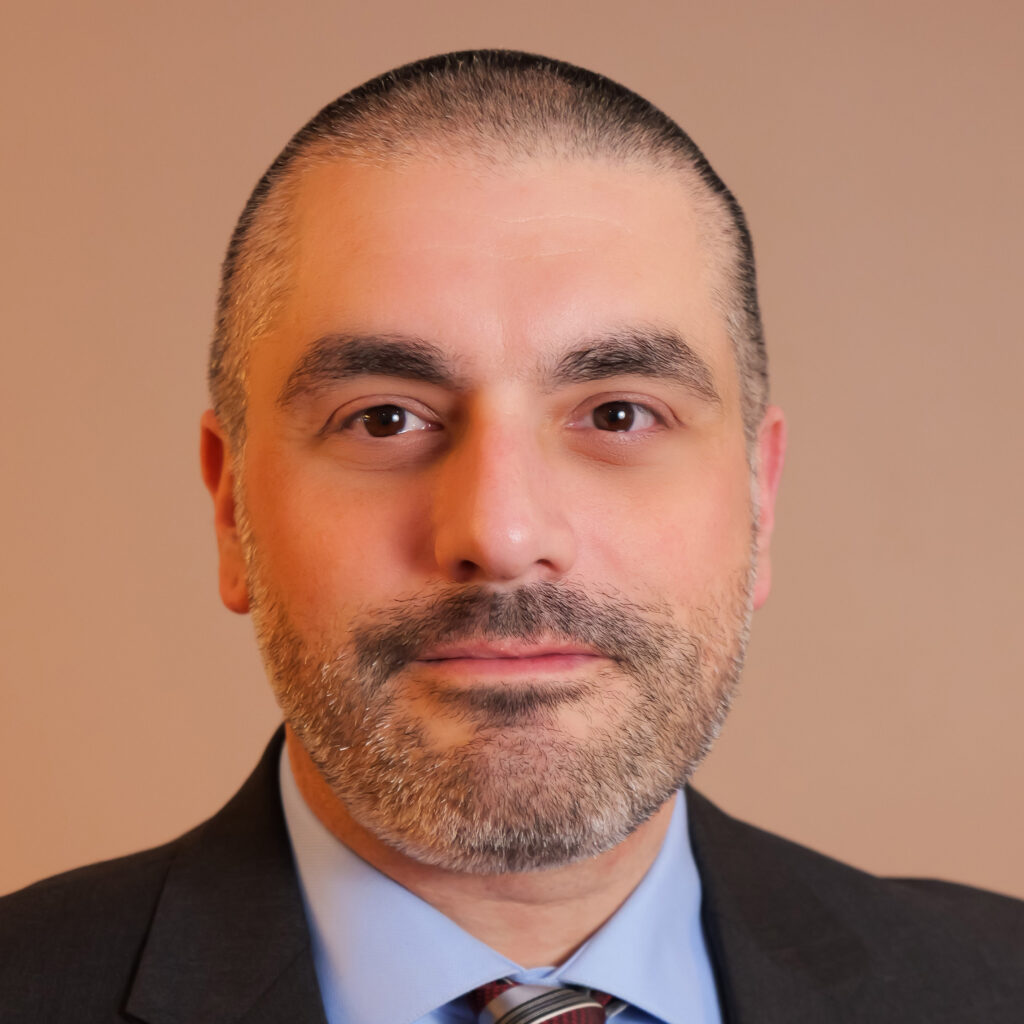
Luke Ascoli of Pawtucket, R.I. began the Online MPH program at SPH just two weeks after completing his master’s in business administration at Bryant University. Ascoli, who has worked in product and program innovation at CVS Health since 2015, says getting his MPH seemed like a natural next step.
“I have also found that many of my industry’s most trusted voices and leaders have advanced public health degrees, which further solidified my interest in [the] program,” says Ascoli.
In his current role as director of specialty pharmacy product innovation, Ascoli leads a team that oversees several initiatives to improve patient outcomes and experiences. Many of his projects call for competencies that an education in public health would provide, he says, such as how to develop messages to communicate with patients and how to analyze the effects of clinical interventions.
While he is still early in his MPH studies, Ascoli appreciates that the program has already touched on principles of healthcare policy communication. He recently learned how messages can be crafted to complement and support vaccine administration, course material relevant to his own work at CVS Health, where he frequently navigates the complexities of clinical practice to identify opportunities to improve patient care.
In recent years, Ascoli has focused on developing a program for patients undergoing treatment for autoimmune diseases, such as rheumatoid arthritis, psoriatic arthritis, and ankylosing spondylitis. Collaborating closely with rheumatologists, he aims to streamline patients’ access healthcare benefits and enhance the quality of care they receive. He says he looks forward to leveraging his coursework to advance his career in managed care.
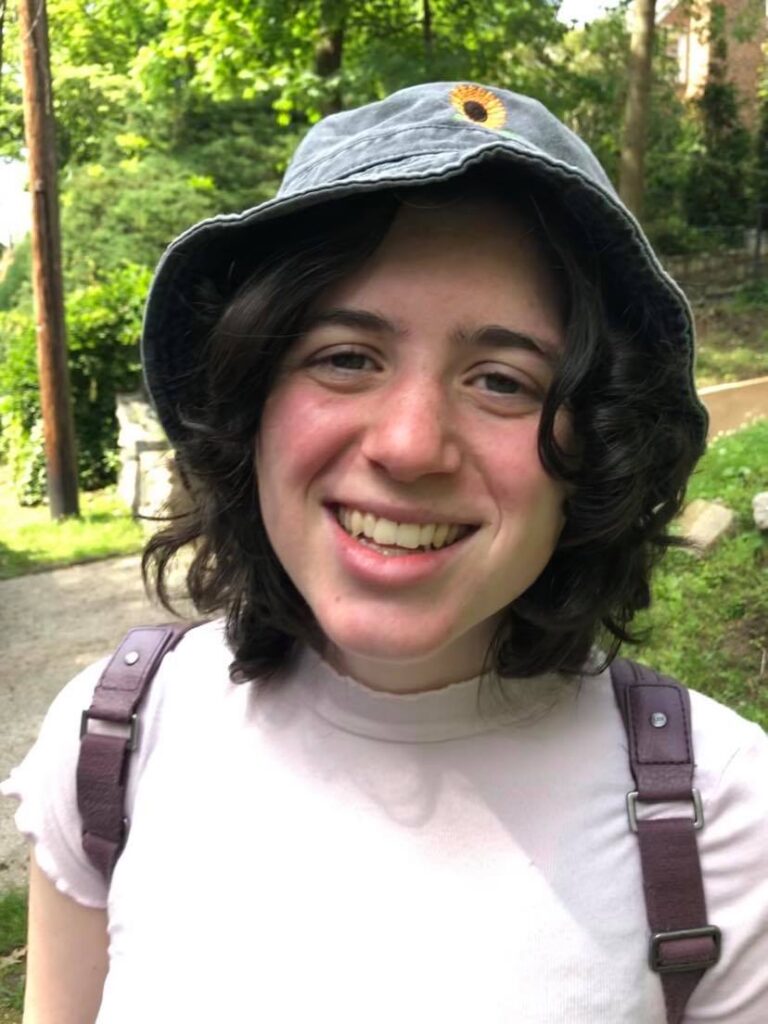
Mikayla Hyman also enrolled in the Online MPH program driven by her desire to improve the delivery of healthcare. As a strategic projects specialist with the Bureau of Equitable Health Systems in New York City’s Department of Health and Mental Hygiene, Hyman works with a variety of healthcare organizations to advance policies and workflows that increase efficiency and promote equity. This might take the form of consulting with hospitals on updates to their electronic health records or connecting clinics to grant-funded smoking cessation programming, she says. She also leads practices in implementing and adhering to the patient-centered medical home model, a team-based approach to primary care. She estimates that these projects ultimately touch the lives of over 50,000 patients across the city.
“I have found that the power of one program to change lives is immense when you have stakeholder voices loud at the table, a dedicated research team, and sharp business planning,” says Hyman, who studied anthropology and global health at Middlebury College and conducted research with the nonprofit Partnership for Public Service prior to beginning her current role. “I love that public health tries to raise community member voices to create thriving neighborhoods.”
In 2022, Hyman helped to organize a $21-million vaccination program focused on expanding access to COVID-19 vaccines in historically underserved areas. She proudly reports that the program administered more than 24,000 COVID-19 vaccines and 34,000 flu vaccines over the course of the flu season. She chose to pursue an MPH in hopes of making an even larger impact in the future. Eventually, Hyman says, she would like to direct an entire division within a local, state, or federal government health department, such as the Office of Women’s Health at the Centers for Disease Control and Prevention, where she could promote evidenced-based programs and patient-centered interventions to address social determinants of health.
“It is a gift to be immersed in a learning community that acknowledges education happens both in the classroom and outside of it; BU is wonderfully set up to support students who are working full-time,” says Hyman.
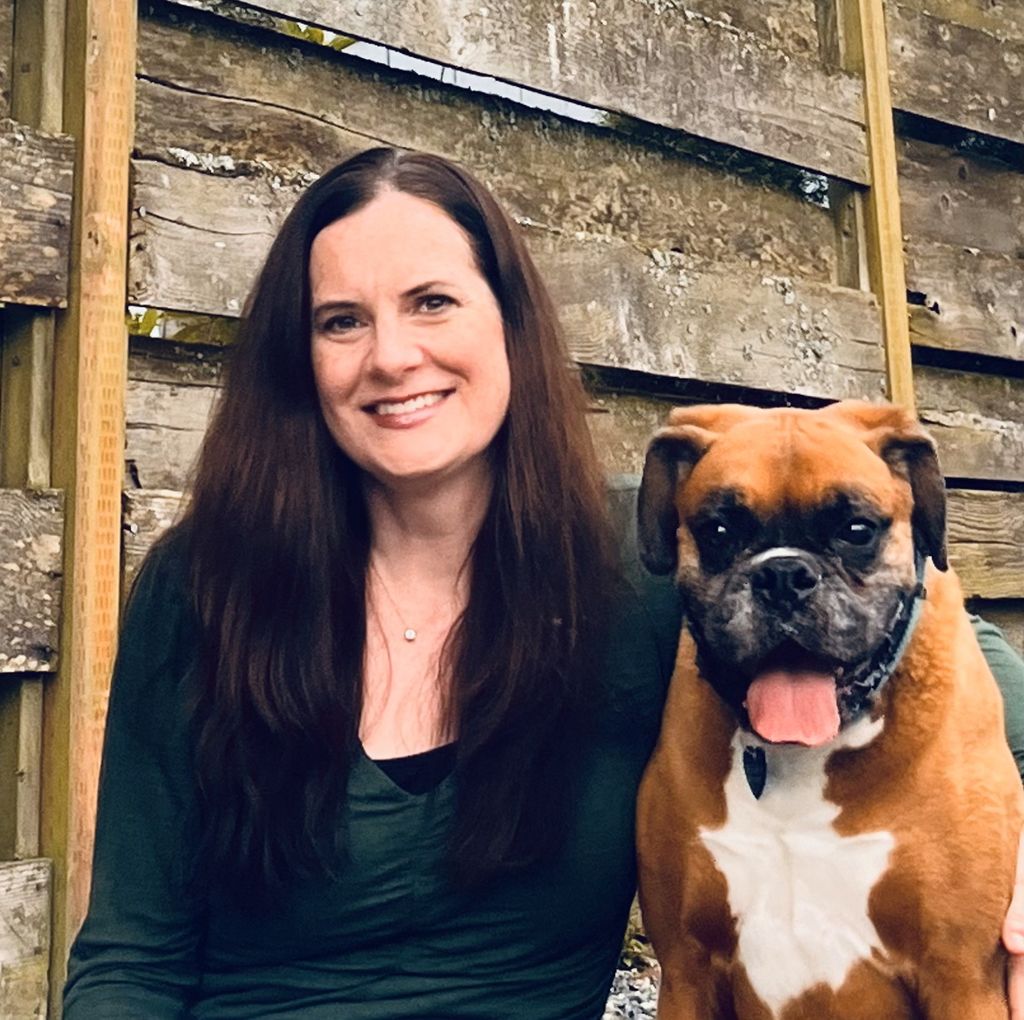
As an undergraduate at Boston College, Lisa Galvin aspired to become a forensic psychologist and majored in psychology. Instead, her work to date has increasingly focused on the intersection of food insecurity and health disparities. Today, Galvin lives in Seattle where she is the director of program strategy at Food Lifeline, the Western Washington affiliate of the national nonprofit Feeding America. She leads Food Lifeline’s community programs team which partners with community-based organizations and community members to design programs that address the root causes of food insecurity—”structural drivers like poverty, racism, and income inequality,” she says.
Galvin elected to pursue an education in public health to learn more about designing effective strategies for improving nutrition to achieve health equity, she says. She gained a deeper appreciation for the importance of food security to health while working abroad. In addition to her degree in psychology, Galvin also holds a master’s in international relations and worked in international development for 15 years. During that time, she worked both with survivors of gender-based violence at a women’s clinic in Nicaragua and with men to improve child health in South Africa, Zimbabwe, and Lesotho. Her experiences taught her the importance of community engagement and cultural humility, lessons that have stuck with her to this day, she says, as she oversees community partnerships for Food Lifeline’s Food is Medicine partnerships which focus on providing culturally relevant nutritional interventions to yield positive health outcomes.
“I applied to one program, the BUSPH Online MPH program, because of its focus on health equity, [its] flexibility in allowing me to continue to work full-time in Seattle, [its] ranking as a top public health institution, and its accessible tuition,” says Galvin, who aims to use her degree to move into a leadership role.
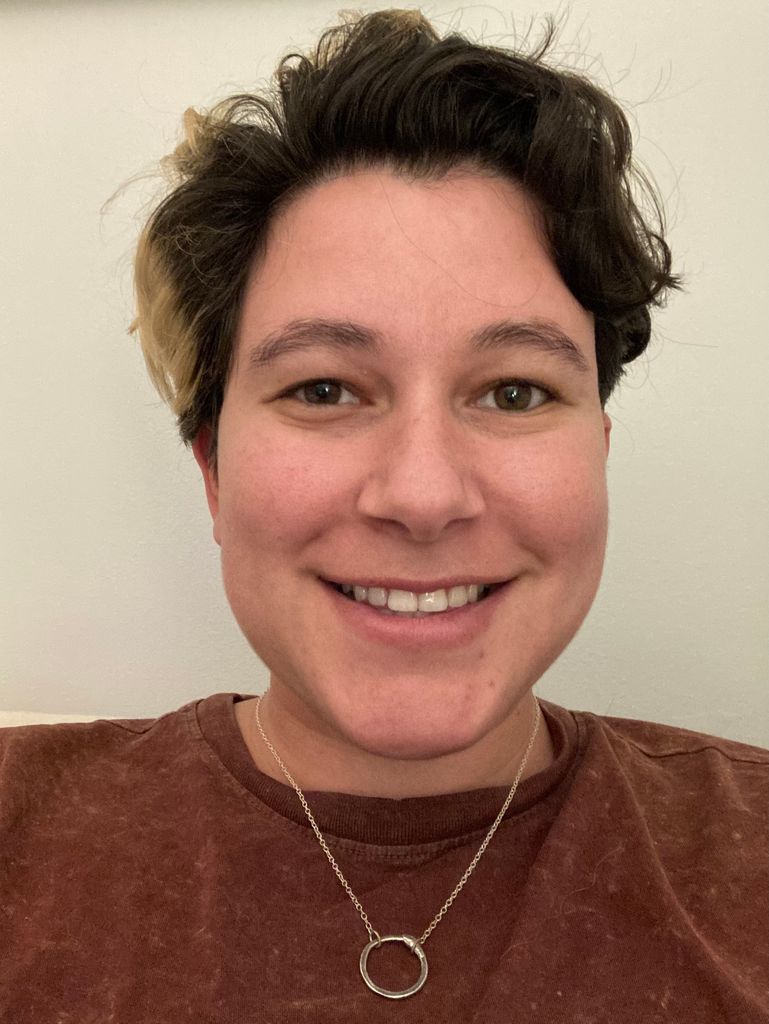
J Steinman works as an associate informatics analyst at Harvard Pilgrim Health Care Institute (HPHCI), a research and teaching partnership between the nonprofit health services company Harvard Pilgrim and Harvard Medical School. J’s job is to build and analyze data systems that enable HPHCI’s epidemiologists to help the Food and Drug Administration monitor drug safety. While this facilitates the work of public health, J is excited to soon pivot to a new role where they will be more directly involved in public health research.
“I am passionate about improving health for all and making the world a better place. [I] was delighted to find a way to combine my passions into a career,” says J, who studied biology as an undergraduate at Hobart and William Smith Colleges and planned to go into medicine until they discovered public health during a parasitology course their senior year. They recall the professor asked them to propose three public health solutions to reduce the transmission of a parasite of their choice. J selected Trypanosoma cruzi, the tropical parasite that causes Chagas disease.
“It was a fascinating and disturbing time to be studying vectors of disease,” says J, who took the course in the spring of 2020 at the height of the pandemic. Through the Chagas disease project and research that J conducted afterward on HIV, TB, and COVID-19 simply out of personal interest, J realized that public health sits at the intersection of their interests in health sciences, human behavior, and social justice.
“As I learned, I drew closer and closer to public health and [became] more sure that this was the career path for me,” says J. While they live in Boston, they enrolled in BUSPH’s Online MPH program because it caters well to their needs as a student with learning disabilities.
“I can control my environment at home in a way I could not in my undergraduate degree, such as background noise, lighting, time-constraints of testing, and more,” says J. “I have been impressed by the accessibility of the program to non-traditional learners and felt welcomed with both my abilities and disabilities.”
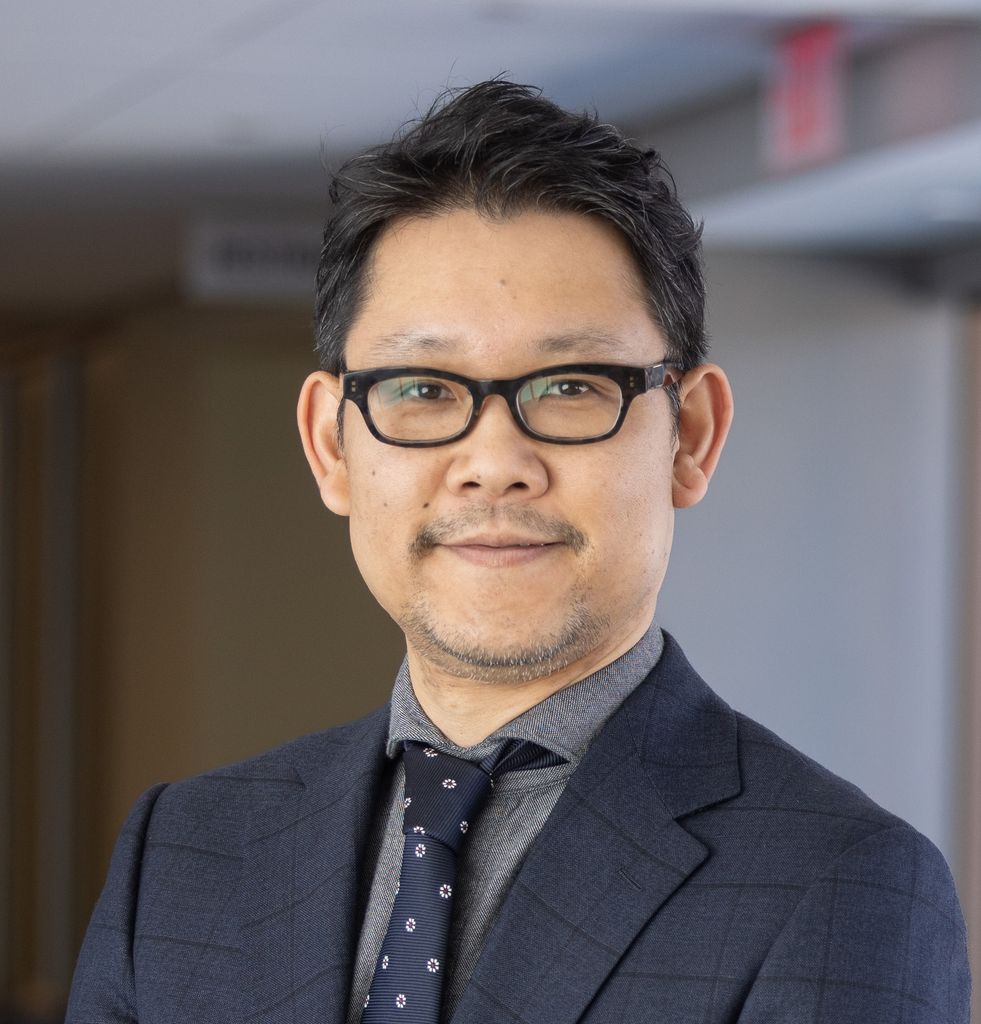
Kota Takayama calls Tokyo, Japan home, but since 2014, the clinical psychologist and social worker has been living in Washington, DC, where he serves as the program director and an associate professor in the Master of Social Work (MSW) Program at Gallaudet University, a prominent university for deaf and hard of hearing students.
Takayama holds a Master of Science degree in clinical psychology and disability sciences from the University of Tsukuba and a doctorate in social work research from Japan College of Social Work. He is also a Gallaudet graduate himself, having earned his MSW in the program he now directs. If Takayama’s numerous degrees speak to anything about him, it would be how dedicated he is to advancing health equity in deaf and hard of hearing communities.
During the 2011 Tohoku Earthquake—the most powerful earthquake to ever strike Japan, widely known for causing the Fukushima nuclear accident—Takayama organized psychological support for Japan’s deaf and hard of hearing communities. He published lessons from the experience in the Journal of Social Work in Disability & Rehabilitation. He has also developed culturally and linguistically appropriate health information on colorectal cancer and diabetes for these communities.
During the pandemic, there was a particular lack of accessible public health information within the deaf communities, says Takayama. Motivated to do more to address this disparity (and a big fan of the Boston Red Sox), he decided to go for yet another degree and enrolled in the Online MPH program at SPH.
“Having witnessed this health communication problem firsthand, my education in the MPH program has enabled me to understand it more thoroughly,” says Takayama. “I believe there should be more public health practitioners who are deaf or hard of hearing, and I hope to become one of them to contribute to public health in deaf and hard of hearing communities in Japan.”
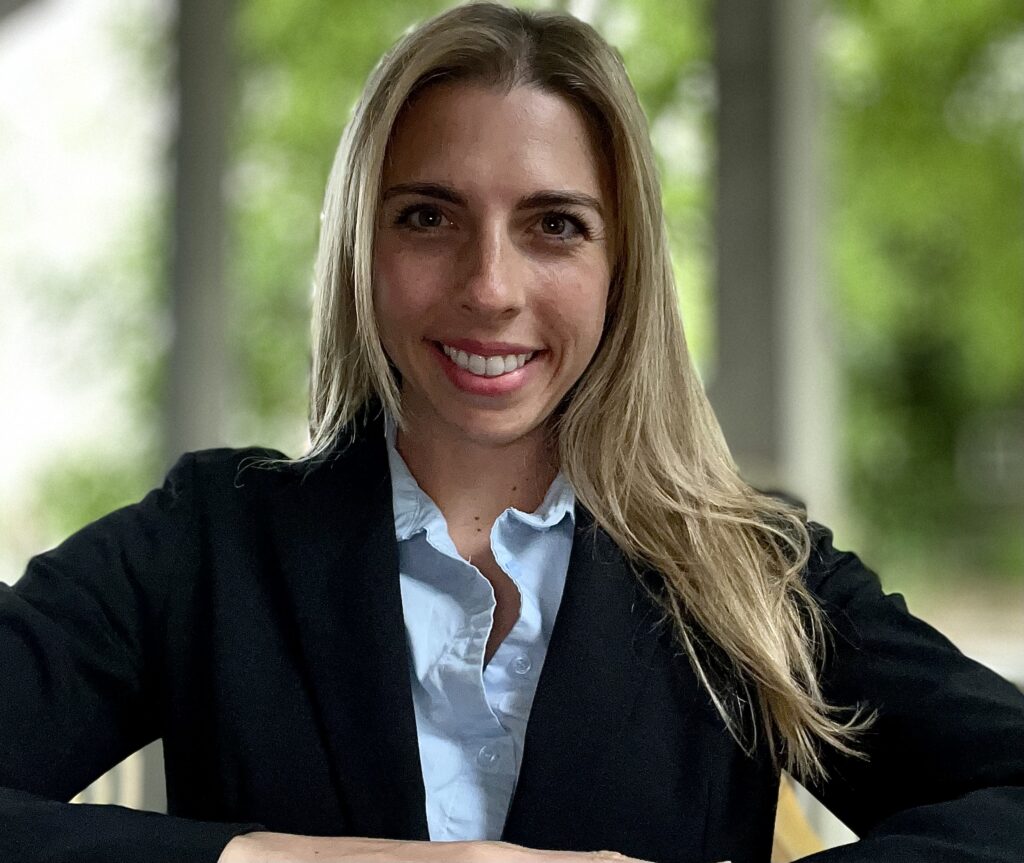
Ann Weaver, a principal clinical research associate (CRA) at Thermo Fisher Scientific, is unafraid of the new and unfamiliar. Weaver, who currently lives in Dallas, Texas, recently learned how to ride a motorcycle and put her skills to the test on a multi-day trip through the mountains of Northern Vietnam. “Pure bliss,” she says of the trip. Back in 2015, she took a much longer hiatus from her research career to teach English in Spain. She lived with a few host families and worked her way across several provinces during her two years there. However, what many would likely consider Weaver’s most fascinating adventure to date, particularly sports fans, took place over the course of several weeks in 2020 when she lived and worked inside the NBA Bubble at Walt Disney World Resort’s ESPN Wide World of Sports Complex in Orlando, Florida. And yes, she met LeBron, she says.
Weaver, a CRA for IQVIA at the time, helped her colleagues, epidemiologists Dr. Christina Mack and Dr. Caroline Tai, develop the safety protocols that enabled the National Basketball League to complete its 2020 season without a single case of COVID-19 in the bubble. “Witnessing the depth of knowledge, confidence, and expertise displayed by Dr. Mack and Dr. Tai as they skillfully guided the team was enlightening,” she says. “It illuminated the remarkable impact that public health leaders can achieve.”
While her time in the bubble sparked a profound interest in epidemiology, Weaver says her primary goal in pursuing an MPH at SPH stems from her experience in Spain. She taught both children and adults, she says, but found the impact she had on the growth and enthusiasm of young minds most rewarding. She aspires to use her training in public health to one day establish strong social networks to support the mental health and wellbeing of U.S. youth.
“The Online MPH program offers top-tier education, renowned faculty, and flexibility, fostering a sense of belonging and making my aspiration within reach,” Weaver says.
Learn more about Boston University School of Public Health’s Online MPH
I acknowledge that by clicking the Submit button above, I am giving consent for representatives of Boston University to contact me about educational opportunities via email, text, or phone, including my mobile phone at the phone number above. I understand that these calls may be placed using an automatic dialer or prerecorded messages and I am not required to provide this consent in order to enroll. Message and data rates may apply. I may withdraw my consent at any time.

Comments & Discussion
Boston University moderates comments to facilitate an informed, substantive, civil conversation. Abusive, profane, self-promotional, misleading, incoherent or off-topic comments will be rejected. Moderators are staffed during regular business hours (EST) and can only accept comments written in English. Statistics or facts must include a citation or a link to the citation.